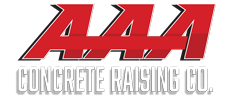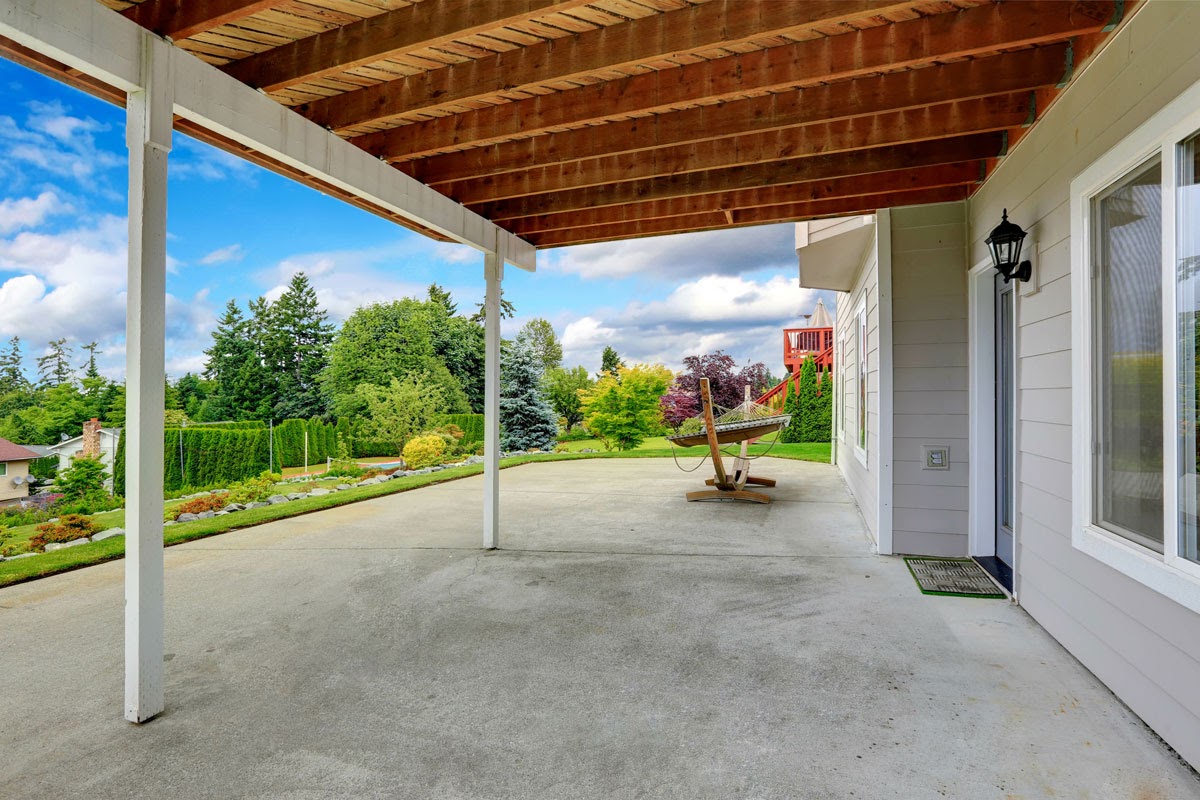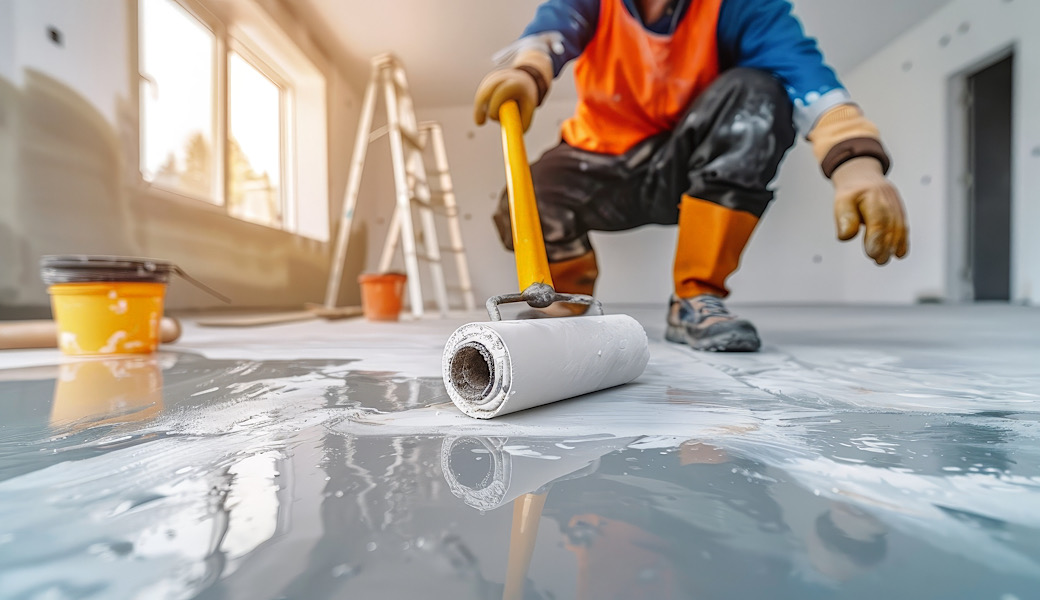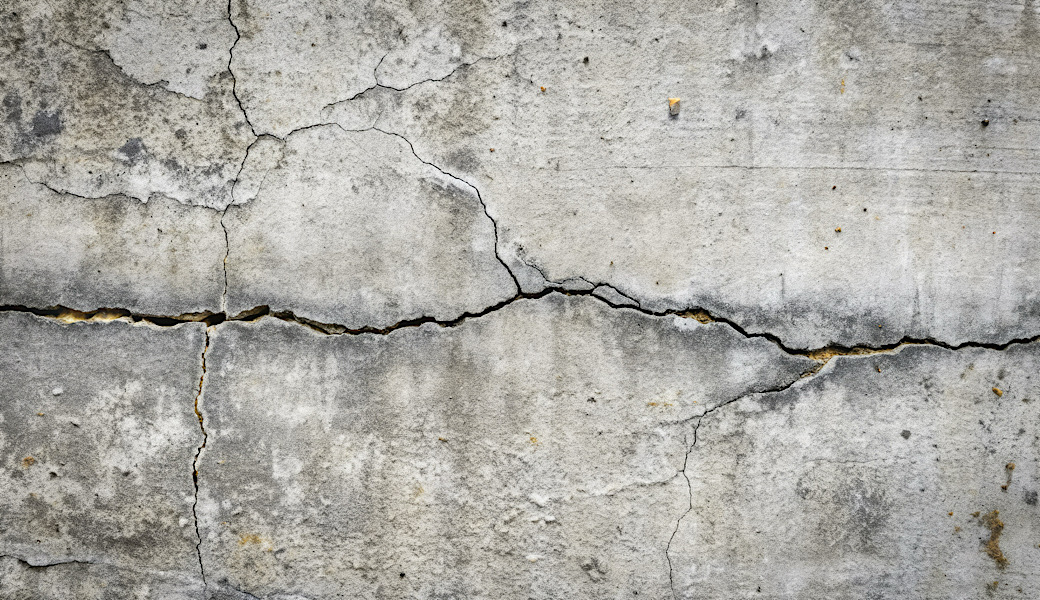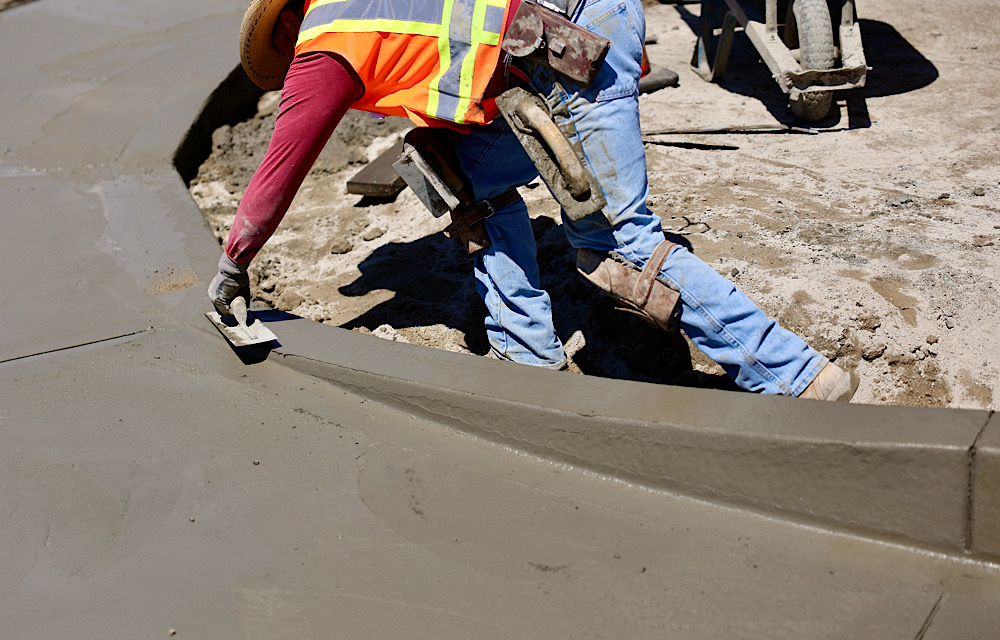Despite being one of the toughest, most utilized construction materials in existence, concrete doesn’t always come without issues. This is especially the case with concrete patios, which can become uneven overtime. An uneven concrete patio is not only unsightly, but can also be dangerous, creating a trip-and-fall hazard or even a cave-in that can cause significant injury.
There are several factors that contribute to an uneven concrete patio, including:
- Improper pouring technique during installation
- Soil shifting underneath the concrete
- Natural wear and tear due to extreme weather conditions
There’s nothing worse than putting time and energy into a concrete patio pour only to have it settle unevenly. To ensure this doesn’t happen, consider hiring a professional to construct your concrete patio. A perfect patio requires skills and techniques that only a professional concrete contractor will possess.
Soil tends to shift overtime as erosion and other environmental factors take their toll on outdoor concrete surfaces. In some cases, it may happen sooner rather than later due to improper stamping of the soil prior to patio installation. It’s important to address soil shift / erosion immediately, as it can create voids underneath your concrete patio that can lead to much bigger and more dangerous problems.
Given enough time, varying weather conditions will inevitably cause natural wear and tear across pretty much all outdoor areas of your home and property. This includes concrete patios, and they may need to be re-leveled depending on climate severity in your area.
Whatever the cause of your uneven concrete patio, it’s best to fix the problem as soon as possible before things get worse. In some cases, a professional concrete raising company might be your best option. However, for those determined to do the project themselves, there are alternative methods available.
Use a Concrete Leveling Compound
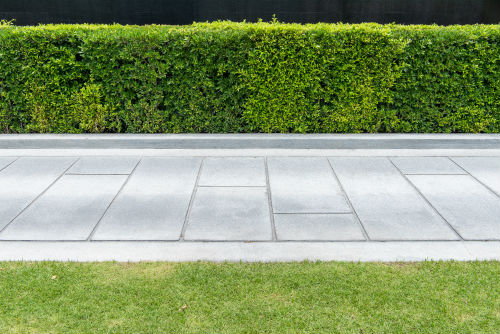 For concrete patios that are only slightly uneven, a concrete leveling compound is often enough to relevel the slab. This process begins with a thorough cleaning of the concrete. This can be done in a few different ways, including using a pressure washer or a commercial acid-based concrete cleaner. This is followed by grinding away the top layer of concrete to create a rough surface for the bonding agent to adhere to.
For concrete patios that are only slightly uneven, a concrete leveling compound is often enough to relevel the slab. This process begins with a thorough cleaning of the concrete. This can be done in a few different ways, including using a pressure washer or a commercial acid-based concrete cleaner. This is followed by grinding away the top layer of concrete to create a rough surface for the bonding agent to adhere to.
The next step is to construct a wall around the downward-sloping area of the slab using 2 x 4 or 2 x 6 wooden planks. This ensures that no leveling compound will flow outside the desired patio area. Concrete patios that are in severe need of leveling may need to be fully enclosed.
Once dust and debris is free from the slab, you can apply the bonding agent. It is then time to mix and apply the concrete leveling compound, starting at the sloped end. A metal trowel comes in handy for making the concrete surface flush. Once the new concrete has dried (typically overnight), you can remove the wooden boards to reveal your now perfectly level concrete patio.
Patching Problem Areas
Sometimes, only a small section of a concrete patio requires leveling to make the entire slab even. In these cases, it may be easier and more practical to remove just the affected section. A jackhammer or concrete cutter comes in handy here, but DIYer’s beware: these are dangerous tools.
Once the problem area has been removed, material is added–often sand–to raise the ground underneath the slab to the proper height. The sand must be compressed with a tamping machine to prevent future sinking. Then, a new piece of concrete is cut to size, replacing the old, uneven piece. The final step is to fill in the cracks with additional concrete (or a concrete compound) and let the slab dry overnight.
Call a Professional Concrete Raising Company
If you lack experience in concrete leveling, or have reservations about doing the work yourself, you should call a professional concrete mudjacking company. These services will level your concrete slab using either polyurethane foam or a process called mudjacking, which uses a slurry mixture that is pumped underneath the slab to raise it.
While polyurethane foam is considered a more modern solution and is preferred by some contractors, it doesn’t always completely fill the space under the slab. In addition, polyfoam can contain harmful chemicals. Read more about polyfoam vs. mudjacking here.
When the time comes for your concrete patio to be re-leveled, your best best is to leave it to the pros. AAA Concrete Raising has been providing mudjacking services in Colorado for over 30 years. We have one of the biggest sandy loam soil trucks in the industry, ensuring enough slurry for even the largest concrete raising jobs.
To learn more about our mudjacking services and to get a free estimate, contact us today.
